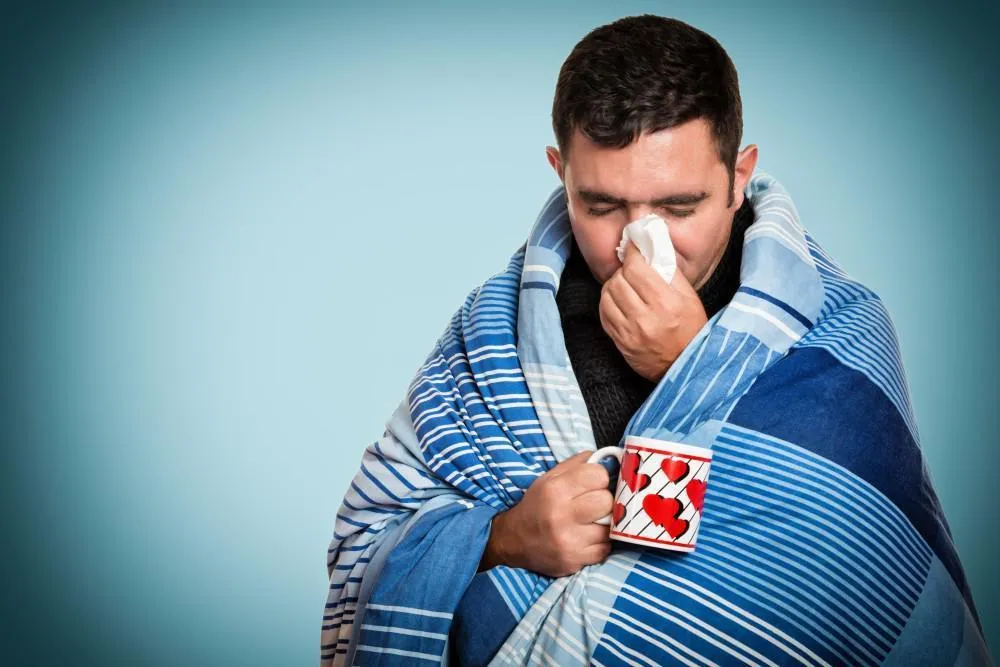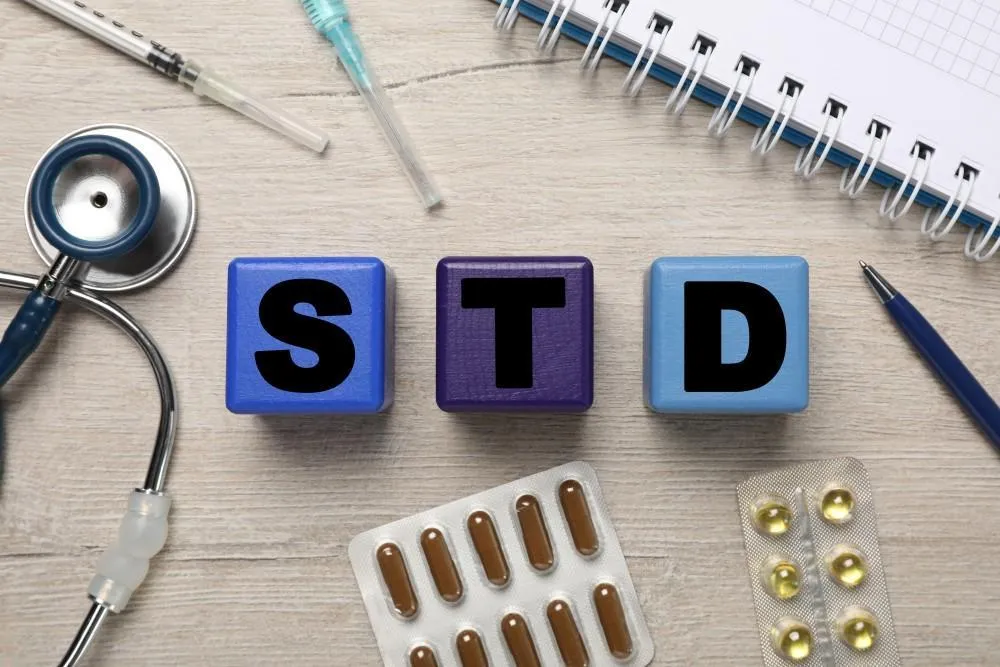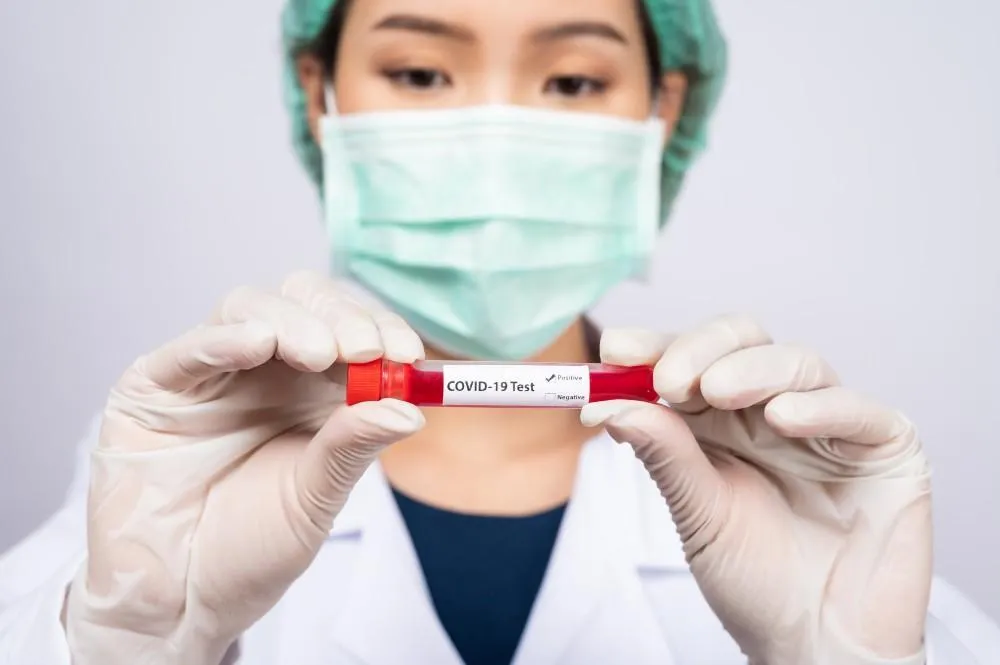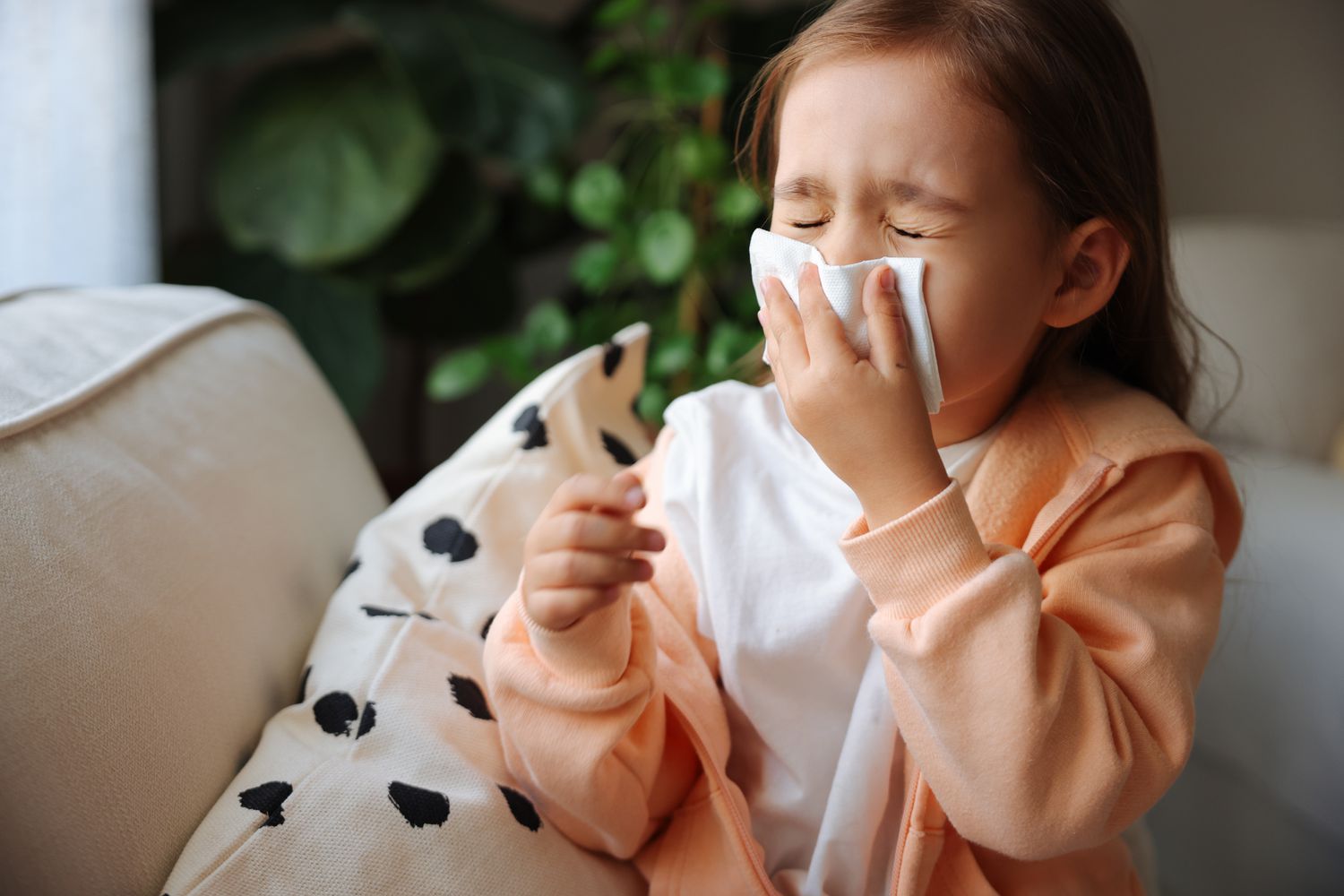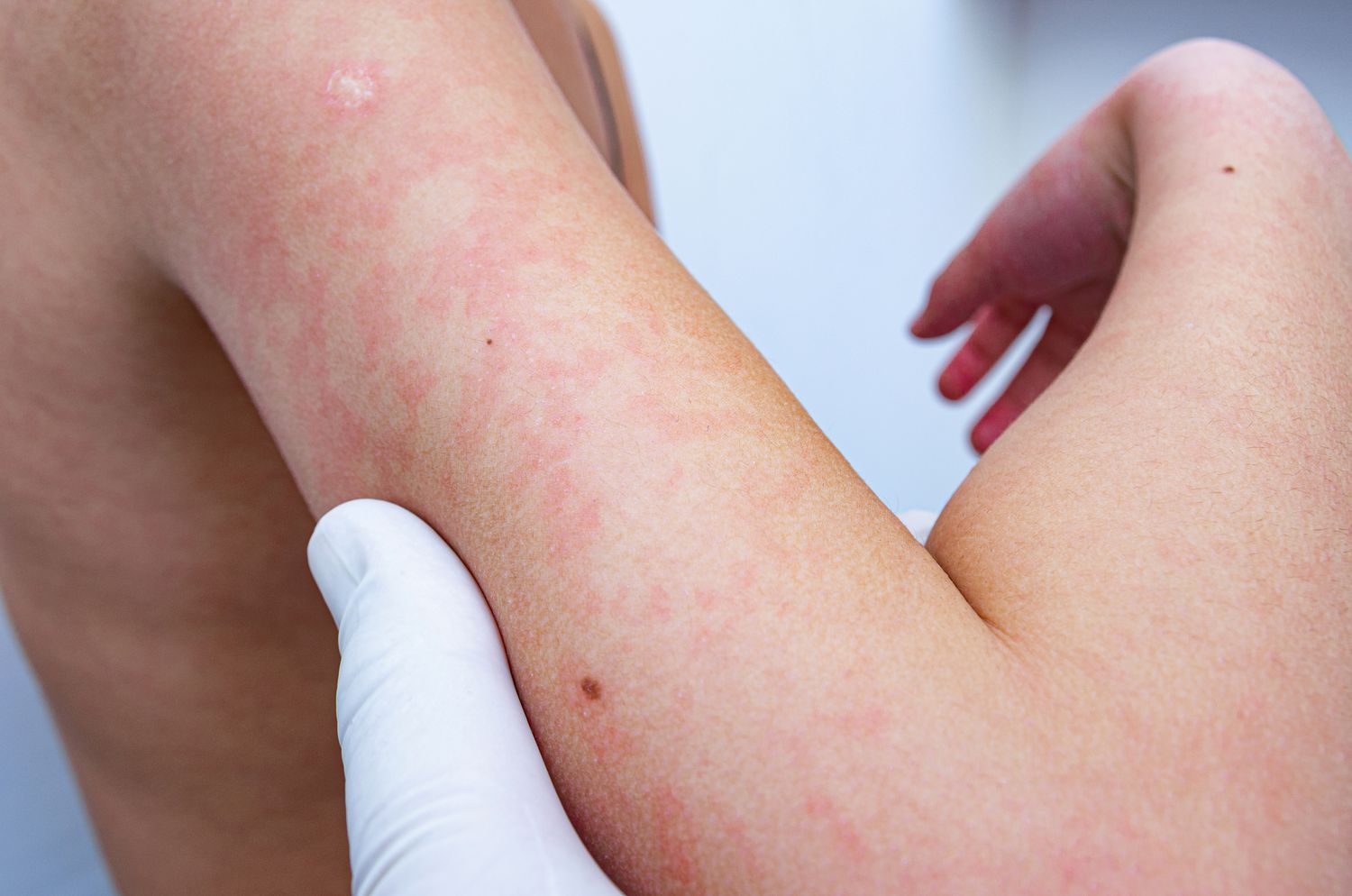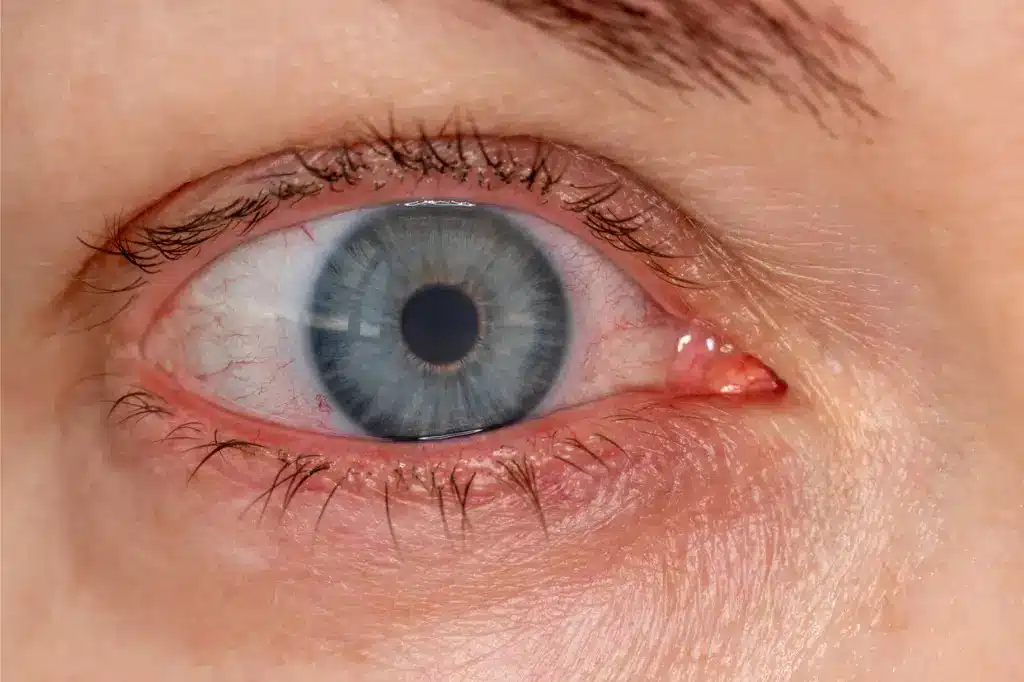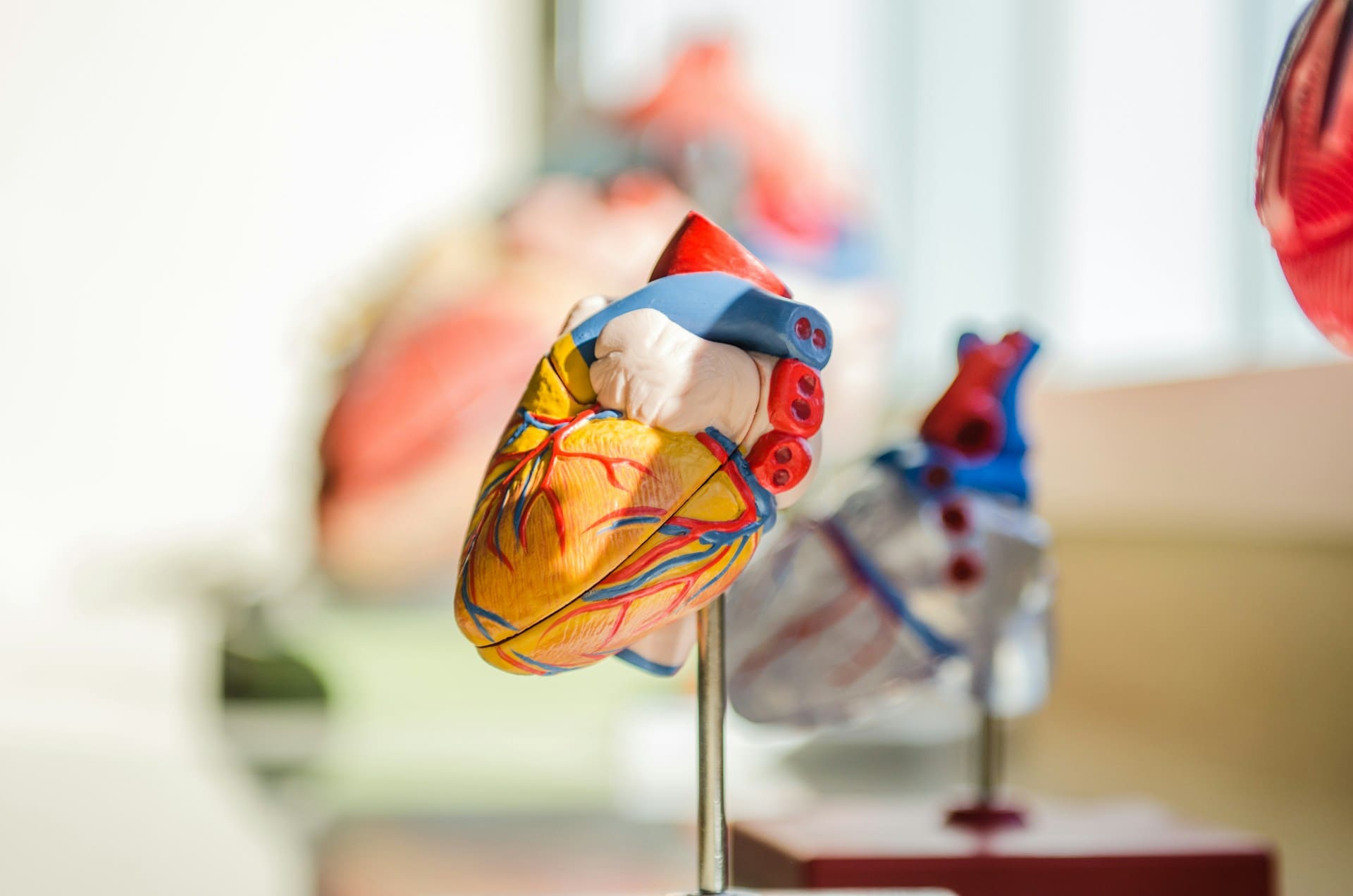Understanding ADHD: What You Need to Know

Many parents often come to see a psychologist with complaints about their child’s inattention, inattentiveness, increased mobility, inability to control his or her behavior, school failure, and suspected ADHD (Attention Deficit Hyperactivity Disorder). Are these complaints always justified? Understanding ADHD is crucial for providing appropriate support and interventions to children and adults.
In general, ADHD is about twice as common in boys, although the norm varies by type. The mostly hyperactive-impulsive type occurs 2 to 9 times more often in boys; the mostly inattentive type is identified with a frequency about equal in both sexes. The disease tends to be inherited.
What is ADHD?
Attention Deficit Hyperactivity Disorder (ADHD) is quite common, occurring in 5-10% of all school children. Today it is known that this syndrome can persist into adolescence and adulthood. Its correction requires joint efforts of doctors, parents, psychologists and teachers to ensure the child’s harmonious development and adequate behavior.
ADHD is one of the most common chronic diseases in children. There are different forms with a predominance of hyperactivity, with a predominance of inattention and impulsiveness, or combined.
Currently, we know that this disease does not always pass with adulthood, and quite a few people suffer from it also in adolescence and adulthood. Although the diagnosis may sometimes be missed until adolescence or adulthood, some of the symptoms have been detected before the age of 12.
Understanding ADHD is the first step towards creating a supportive environment where individuals with the condition can thrive, with increased awareness leading to improved treatment options and better outcomes for those affected.
What are the Symptoms and Signs?
Symptoms of this disorder include difficulty concentrating, inattentiveness, impulsivity, excessive motor activity, and difficulty organizing and controlling behavior. This leads to problems in learning, in communication with friends and parents. Without timely treatment, even in adulthood, there is a pronounced socio-psychological inadaptation.
Preschool Period
Symptoms of ADHD in your child are shown by delayed development in the first years of life. The child masters complex movements later than peers – to hold a spoon, eat without the help of parents, drink from a cup. Children with this syndrome after three years of age become more difficult to cope with. They are naughty, and poorly behaved in society. Interest in anything fades very quickly, there are often tantrums.
School-Age
With going to school, the symptoms progress and become more pronounced. The child is distracted, fidgeting, cannot sit in one place. Learning is given difficult, often there is an inability to independently complete homework. In 80% of children demonstrate poor academic performance, often violate discipline. The desire to draw the attention of others provokes antisocial behavior. Such children often begin to drink alcohol, smoke.
Teenagers
Half of people have persistent disease. Many adolescents are unable to plan time properly, to finish things. Adults with this syndrome can rarely boast of success in activities. They are often dissatisfied with the material and social situation, become the center of conflict situations in the family and at work. ADHD strategies for adults help them take better control over their lives.
The disease worsens coincides with the beginning of systematic schooling. School failure occurs in 90% of children with hyperkinetic disorder. It is observed in 5-20% of schoolchildren, 4-5 times more often in boys. In adolescence, these symptoms persist in every second child with hyperactivity.
What Causes ADHD?
How does ADHD work? The exact causes of the syndrome are not fully understood. It is caused by genetic factors, organic damage to the CNS in the early stages. The main etiological factor of ADHD is a small dysfunction of the brain that occurs in the perinatal period. The disorder is believed to be caused by several factors that disrupt brain structures and lead to CNS dysfunction:
- Biological. Perinatal factors include the age of the mother (before 18 and after 35 years), bad habits during pregnancy, difficult childbirth, premature or overweight baby, fetal hypoxia.
- Genetic. Pathology is inherited, that is, it is transmitted to the child from the parents. According to studies, among children whose parents had a history of such a syndrome, the disease occurs 8 times more often.
- Psychosocial. A huge role is played by the home environment, living conditions, family relationships. The child reacts negatively to scandals between parents, their abuse of alcohol, lack of education, physical methods of punishment.
- Toxic. Specialists associate ADHD with a deficiency of omega-3, magnesium, iron. It can also occur against the background of excessive consumption of fast carbohydrates with a lack of protein.
The role of provoking factors is not the same at different stages of development. In 1.5-2 years prevail biological, in 2-3 years – social. Often there is a connection between several factors.
How Does ADHD Affect the Brain?
ADHD does not lead to the development of other diseases, but it can cause various social and psychological disorders. For example, inability to communicate with others and build interpersonal relationships. Often Cognitive Impairment Disorder leads to low self-esteem, the development of feelings of inferiority due to lack of academic success.
ADHD affects various regions of the brain involved in attention, impulse control, and executive function. Neuroimaging studies have shown differences in brain structure and function in individuals with this syndrome compared to those without the disorder. Specifically, there tends to be reduced volume and altered activity in areas such as the prefrontal cortex, which is responsible for decision-making, impulse control, and attention regulation.
These brain differences can lead to difficulties in sustaining attention, controlling impulses, organizing tasks, and regulating emotions, which are hallmark symptoms of ADHD. However, the exact mechanisms underlying these brain differences and how they contribute to Attention Deficit Hyperactivity Disorder symptoms are still being researched.
How can ADHD be Diagnosed?
The first ADHD signs begin before the age of 5 or 6 years, so most disorders are identified at this age by pediatric health care. An important diagnostic criterion is the interview with the parents, which refers to the history of pregnancy and childbirth, social status and relationships with other family members. During the interview, the doctor observes the patient’s behavior, if necessary, will conduct additional tests of motor function, reflexes, coordination and sensitivity of different parts of the body.
To make the diagnosis, the following methods are used:
- DSM-V Clinical Studies. The Manual of Mental Disorders establishes behavior problems characteristic of ADHD: inattention, irritability, increased motor activity, etc. There must be 6 criteria or more that are consistently present in the child.
- Psychological tests. Cognitive functions, speech activity, desire to learn, behavior are examined by assessment testing. The speed of performing tasks is analyzed, handicrafts, etc. are studied.
- Electroencephalography. The activity of brain areas is assessed, the predominant rhythms are identified, the obtained indicators are compared. In impulsivity, excessive seizure readiness is observed. A more complete picture gives a study with intellectual load.
As a rule, the diagnosis of “ADHD” is based on history, symptoms, patient behavior and test results. Hardware diagnostics is used less frequently.
How is It Treated?
Attention Deficit Hyperactivity Disorder can be successfully treated if the child’s parents seek medical attention in time. There are two main methods of correcting ADHD symptoms: psychotherapeutic and medication.
A comprehensive approach provides such directions:
- Correction of behavior. It is necessary to develop a certain regime of the day, which the child will observe every day. Hyperactive children are limited to active sports, and preference is given to bicycling, tourism. It is necessary to create motivation that will encourage learning and self-development.
- Psychotherapy. High efficiency in the treatment of disorder is demonstrated by applied behavioral analysis, especially in the correction of the syndrome in young children, cognitive-behavioral therapy.
- Taking medication. Drug therapy is connected only when other methods of treatment are ineffective. It may include psychostimulants, nootropics, neuroleptics, antidepressants, anticonvulsants. Treatment with drugs is of a long-term nature.
The main task in the treatment of ADHD is to reduce the symptoms of hyperactivity, inattention, improve adaptation, develop skills of interaction with other members of society.
Understanding someone with ADHD requires empathy, flexibility, and a willingness to accommodate their unique neurodiversity, fostering mutual respect and effective communication for meaningful relationships and support.
Seek a professional ADHD specialist in Maryland for diagnosis and treatment to unlock your full potential. With tailored interventions, including therapy and medication, you can manage symptoms, improve focus, and enhance quality of life. Don’t let hyperkinetic disorder hold you back – take control and thrive!






